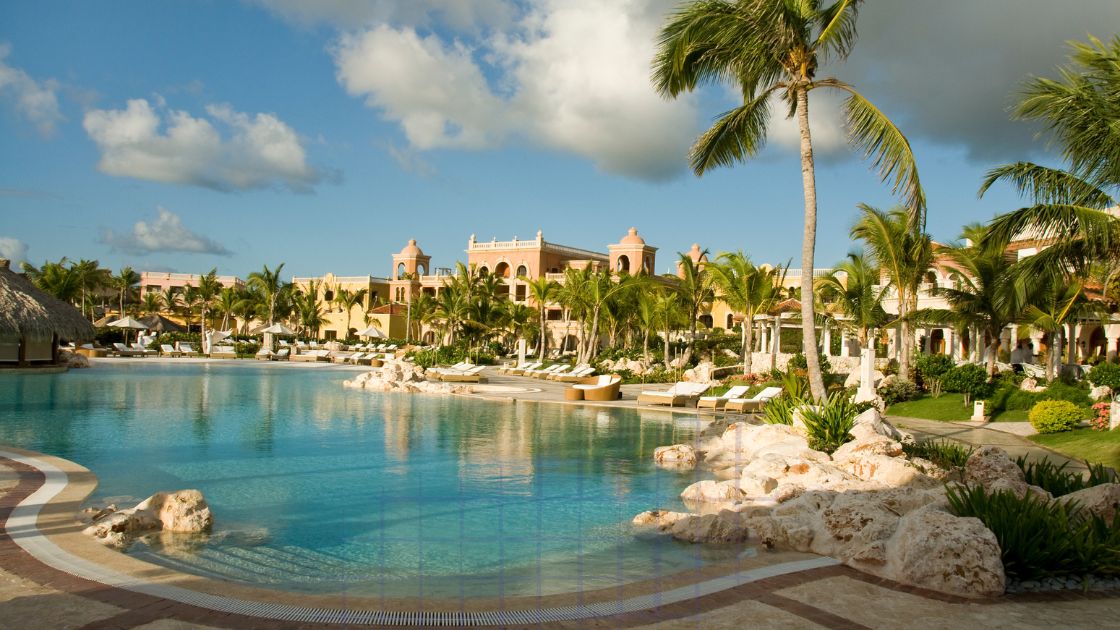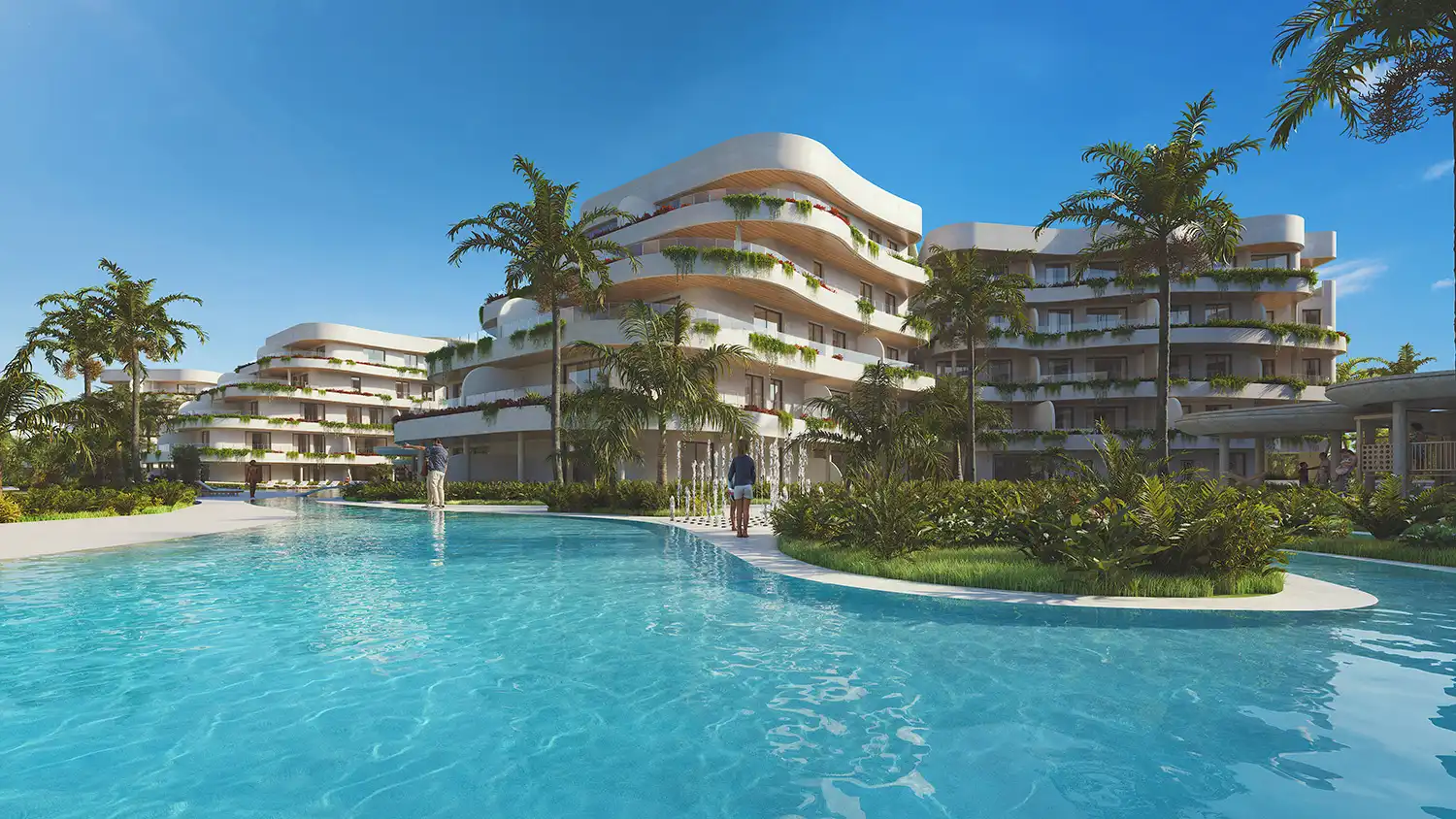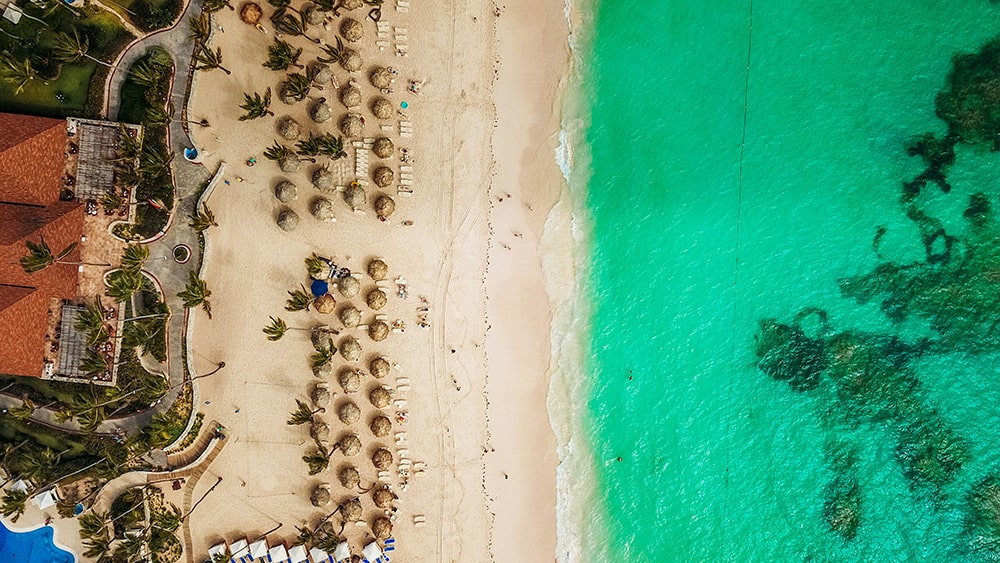Foreign Property Investors: Read This Before You Buy Off-Plan
Buying pre-construction property overseas can be an exciting way to diversify your portfolio, gain access to exclusive pricing, and invest in a lifestyle change. But for Canadians and Americans looking at destinations like the Dominican Republic, Dubai, and Mexico, the process is filled with potential legal pitfalls.
From ownership laws and taxes to title security and contract enforcement, this guide outlines critical legal considerations to help you apply the right real estate due diligence and invest safely abroad.
Why Pre‑Construction? Opportunities & Common Risks
Pre-construction properties often offer discounted pricing, flexible payment plans, and high appreciation potential, especially in hot markets like Punta Cana, Tulum, or Dubai’s off-plan developments.
However, the risks are real:
- Construction delays
- Unlicensed developers
- Weak contract protections
- Title irregularities
- Absence of MLS or regulation (especially in DR)
Thorough vetting and legal guidance are key to mitigating these issues.
Legal Foundation: Equal Rights for Foreign Buyers
Dominican Republic:
Foreigners enjoy equal property ownership rights under the Dominican Constitution. The Torrens system provides transparent title registration. Foreign investors can buy under their name or via a local company.
Dubai:
Foreigners may buy in designated freehold zones. Dubai Land Department governs registrations. Title deeds are issued electronically, offering transparency.
Mexico:
Non-Mexicans may not own within 50 km of the coast directly. Instead, use a bank trust (fideicomiso) or a Mexican corporation to comply with ownership laws.
Title Security & Due Diligence
Never rely solely on the developer’s legal team. Instead:
- Hire an independent, local attorney who speaks your language and understands local law.
- Conduct a title search to confirm ownership, liens, and land use.
- Request developer credentials, licenses, and track records.
In the Dominican Republic and Mexico, multiple sales of the same unit or unregistered titles are common scams. In Dubai, off-plan buyers should verify RERA registration of both developer and project.
Taxes, Incentives, and Cost Considerations
Dominican Republic
- Confotur Law: Up to 15 years of tax exemptions, including property and transfer tax
- Closing Costs: 3% transfer tax, plus legal fees (~1.5%) and notary
- Rental income: often tax-free under Confotur
Dubai
- 4% property registration fee with the Dubai Land Department
- No capital gains or income taxes—ideal for tax efficiency
Mexico
- Acquisition tax ~2–4.5%, plus notary and legal fees
- Capital gains tax applicable on resale—consult a local CPA
- Rental income must be reported and taxed locally
Financing & Currency Transfer Issues
Dominican Republic:
- Foreigners usually pay cash or use developer financing
- Local mortgages are rare and have high interest rates (8–13%)
Dubai & Mexico:
- More financing options, but foreigners face strict requirements and high down payments
- Exchange rate fluctuations can significantly impact your total cost
- Use currency brokers for large transfers to reduce fees
Residency & Ownership Structures
Residency isn’t required in any of the three locations to own real estate.
- Dominican Republic: Buy under your name or create a local SRL company
- Mexico: Use a fideicomiso or corporation, especially for coastal properties
- Dubai: Simple individual ownership in designated zones; no local entity needed
Some countries offer residency through real estate investment, which may be worth exploring if frequent stays or future relocation is a goal.
Contract Enforceability and Exit Risks
Dominican Republic:
- Ownership is finalized with a notarized deed and registration
- The Title Certificate is your only proof of ownership
- Buyers often cover legal and notary fees unless otherwise negotiated
Dubai & Mexico:
- Contracts must comply with government standards
- Dubai uses Oqood registration for off-plan; buyers should verify
- In Mexico, notaries act as legal authorities—contracts signed without notary may not be enforceable
Plan your exit strategy—some countries limit or tax early resales, especially for foreign investors.
Common Scams and How to Avoid Them
- Fake developers or sellers without title (especially in DR)
- Double-selling units in unregulated areas
- Pushy sales tactics urging deposits before legal review
- “Too good to be true” pricing—often linked to tax evasion schemes or poor construction
How to Protect Yourself
- Hire an independent attorney
- Confirm all licenses and permits
- Avoid pressure to sign quickly or send untraceable deposits
- Ask for buyer references or testimonials
Summary Checklist – Real Estate Due Diligence for Buyers
✅ Hire a trusted, bilingual attorney
✅ Run full title and zoning checks
✅ Verify developer licenses and financial stability
✅ Know local taxes and incentives
✅ Avoid escrow-free transactions
✅ Understand ownership options and restrictions
✅ Read all contracts carefully—translate them
✅ Use legal, secure money transfer channels
✅ Plan your resale or exit strategy
✅ Document every transaction step for protection
Conclusion
Buying pre-construction property abroad offers real rewards—but only when supported by smart legal due diligence, local market understanding, and proactive planning. Whether you’re targeting a tax-free haven like Dubai, a high-yield opportunity in the Dominican Republic, or beachfront investments in Mexico, staying informed about ownership rules, legal protections, and tax strategies ensures you invest safely abroad and avoid the common traps.







